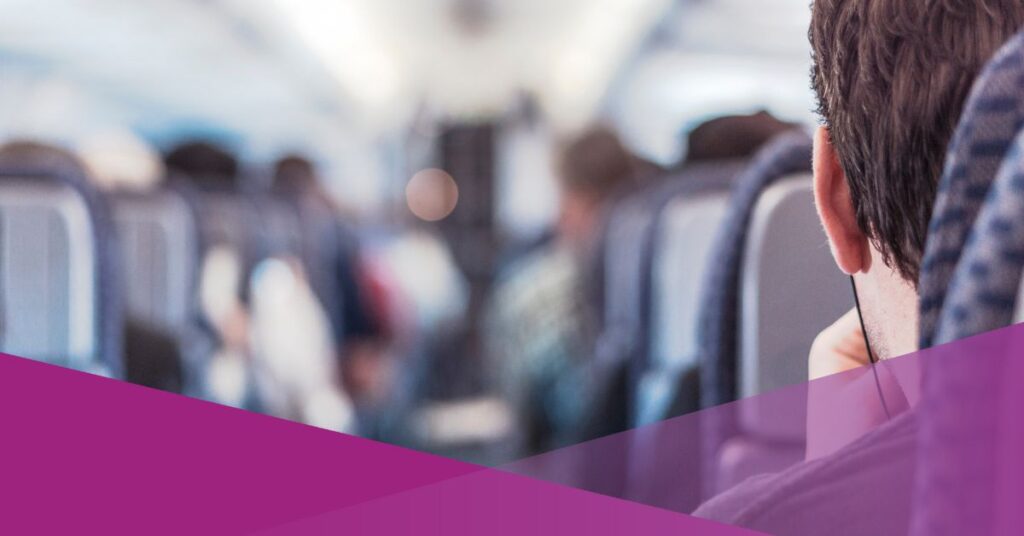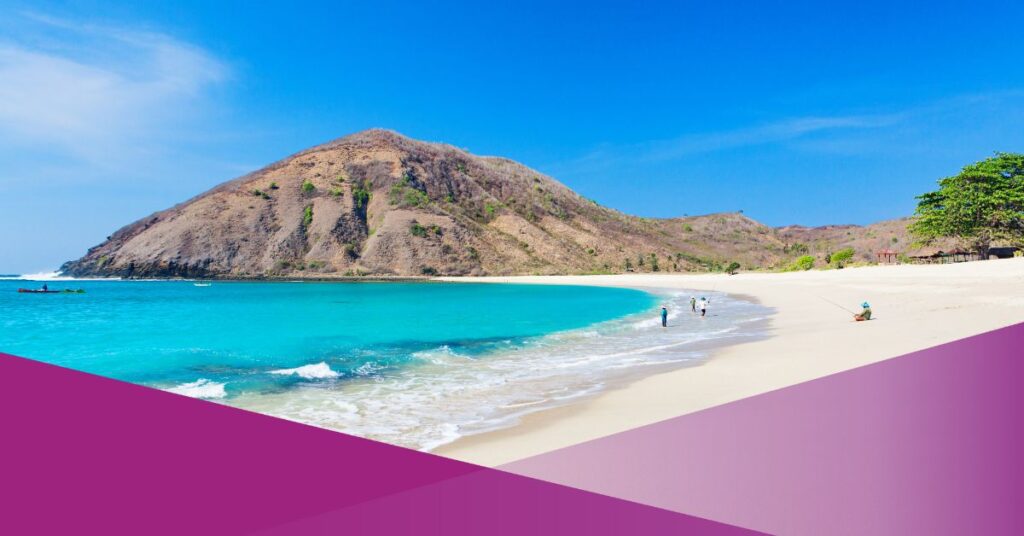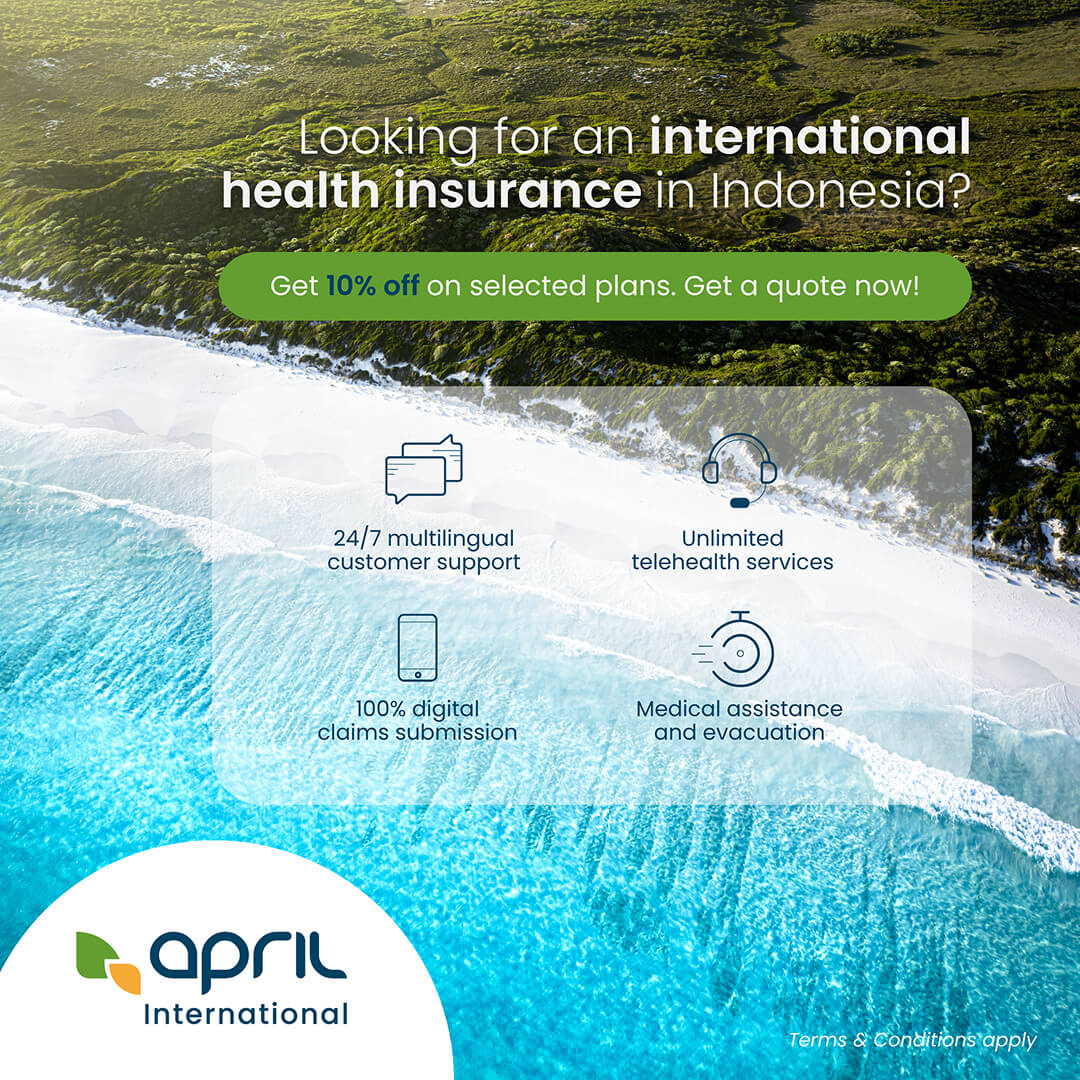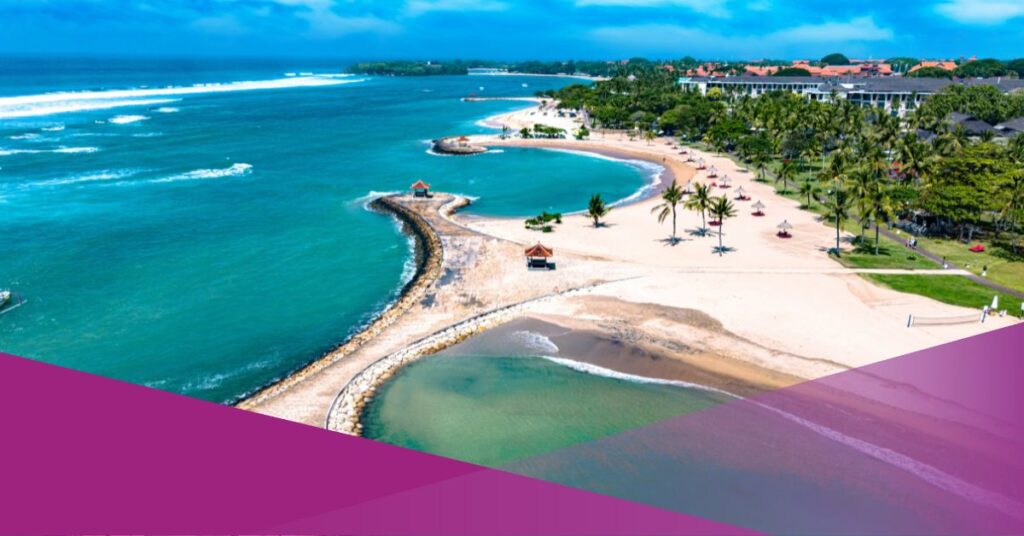Exploring Indonesia by Bus: A Growing Trend Among Foreign Tourists
Foreign tourists are increasingly choosing to travel by bus in Indonesia. This trend has become more visible in recent years as visitors look for authentic ways to explore destinations beyond major cities.
Several factors support this shift, including improved comfort offered by intercity bus services, affordable ticket prices, and the appeal of experiencing transport in Indonesia in the same way as local communities.
Why Tourists Are Choosing Buses in Indonesia
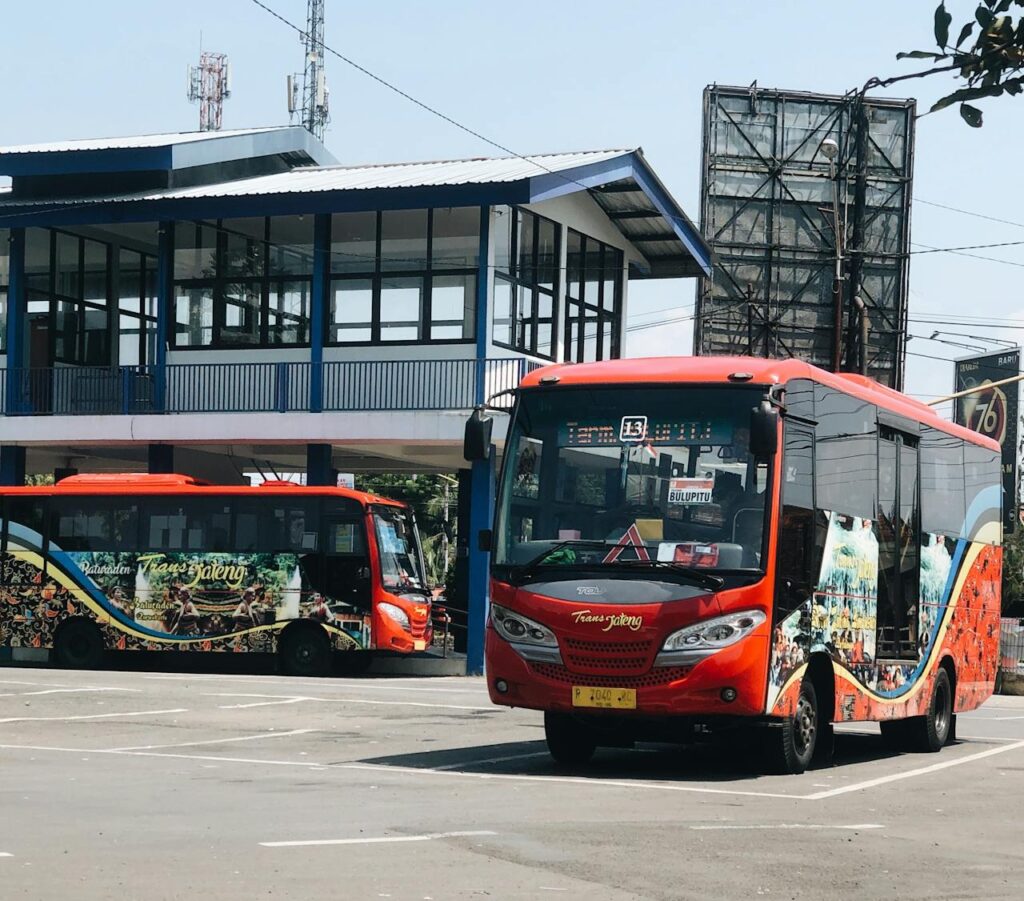
Ease of Access and Information
The rise of online platforms and social media has made Indonesia bus travel easier to navigate for foreign visitors. Information on bus routes, ticket prices, and schedules is now widely available through websites and apps, allowing tourists to plan journeys before arriving at terminals.
Comfort of Modern Buses
Many bus operators across Java, Bali, and other regions have significantly upgraded their fleets. Long-distance buses now often include air conditioning, reclining seats, toilets, and, on certain services, onboard Wi-Fi. According to the Indonesian Bodywork Association (Askarindo), these improvements have enhanced not only the comfort but also the reliability of the overall bus service.
Authentic Travel Experience
Tourists are increasingly attracted to bus journeys as a way of experiencing Indonesia as locals do. By choosing this mode of transport, visitors interact directly with residents, observe daily life, and explore areas often overlooked by flights or train services. As one industry observer put it: “Foreign tourists are more interested in authentic and unique experiences, including riding buses with local communities.”
Affordability and Budget Travel
For visitors travelling on limited budgets, buses remain one of the most cost-effective forms of transport in Indonesia. Long-distance routes, such as Jakarta to Yogyakarta or Denpasar to Surabaya, are priced significantly lower than domestic flights. Bus companies also provide multiple classes: economy, executive, or sleeper, ensuring passengers can balance cost and comfort.
Influence of Social Media
The popularity of videos and photographs of tourists riding buses in Indonesia has further boosted interest. Viral clips showing foreigners navigating local bus routes have made bus travel appear not only practical but also culturally engaging.
Challenges in Bus Travel for Foreign Tourists
Despite the advantages, some obstacles remain. Language barriers are still a common issue, as bus terminals and ticket counters often lack English-language signage. Information provided online is not always consistent across platforms, making it harder for newcomers to understand bus routes or bus operator policies.
Nevertheless, the increasing use of apps and online booking systems has begun to reduce these challenges, offering more clarity to international travellers.
Booking Bus Tickets in Indonesia
Booking Online
The growing demand for convenient travel has encouraged bus operators and online travel agencies to provide digital solutions. Apps and websites such as Traveloka, redBus, and tiket.com now allow travellers to search bus routes, select bus operators, view schedules, and purchase bus tickets in advance.
The process is straightforward:
- Select a booking platform.
- Enter travel details, including origin, destination, and date.
- Choose a bus operator and class.
- Select a seat.
- Fill in passenger details.
- Complete payment via several payment methods: bank transfer, card, or e-wallet.
- Receive an e-ticket via email or app notification.
This system eliminates the need for queuing at terminals, ensures greater certainty over online bus ticket prices, and provides travellers with a digital record of their booking.
Buying Tickets at the Terminal
For those who prefer traditional methods, tickets can still be purchased directly at bus terminals. Counters and agents sell tickets for multiple destinations, with staff available to advise on bus routes and schedules. Terminals are also used as rest points for drivers and are increasingly being upgraded in major cities.
Travellers purchasing at the terminal should:
- Decide on their destination and bus class (economy or executive).
- Visit the relevant ticket counter or agent.
- Confirm prices and departure times.
- Follow local procedures for boarding.
As one guide for passengers notes: “It is advisable to check in advance which bus will take you to your destination city, particularly if you are visiting the terminal for the first time.”
Regional Bus Services & Bus Companies in Indonesia
Java and Intercity Routes
Java remains the busiest island for long-distance bus services and popular bus routes. Routes connect major cities such as Jakarta, Bandung, Semarang, and Yogyakarta, with buses departing frequently throughout the day. City buses and bus rapid transit (BRT) systems also operate in several urban areas, providing efficient inter-city transport.
Bali and Denpasar
In Bali, buses are an alternative for travelling between Denpasar and towns across the island, as well as for connecting to East Java via ferry. While many tourists rely on private cars or motorbikes, buses offer a more budget-friendly option.
National Operators: DAMRI
State-owned DAMRI remains one of the most established bus operators in Indonesia, offering both city routes and long-distance services across multiple islands.
Known for its reliable schedules, DAMRI provides connections between airports, major cities, and even remote destinations, making it a dependable choice for tourists.
Indonesian Bus Design and Strengths
Although Indonesia does not yet produce its own bus engines or chassis, the country is highly regarded for bus bodywork. Each manufacturer develops its own distinct style, which has resulted in a wide variety of models.
Many travellers are surprised to find that Indonesian buses often appear sleeker and more eye-catching than their European counterparts.
As reported by Detiknews, Sommy Lumadjeng, Chairman of the Indonesian Bodywork Association (Askarindo), has pointed out that Indonesian buses are not only stylish but also built with practical durability.
The reason is simple: they need to withstand the steep, winding, and uneven roads that are common across the islands. In addition to carrying passengers, buses are also frequently used to transport goods, meaning they must be strong and reliable.
This combination of striking design and resilience has made Indonesian buses stand out in their own right, even when compared to the highly advanced models produced in Europe or Japan.
Using Bus to Travel in Indonesia
The rise in foreign tourists using bus services in Indonesia highlights a shift towards more diverse and authentic forms of travel. With affordable fares, extensive route coverage, and increasingly modern fleets, buses provide a valuable alternative to planes or trains.
For expatriates and tourists, travelling by bus in Indonesia offers more than simple transport. It provides insight into local life, opportunities for interaction, and a sustainable way to explore the archipelago. Yes, bus travel in Indonesia is generally safe and reliable, especially when you choose licensed companies and official routes.
As online booking systems expand and facilities improve, the Indonesia bus experience is becoming more accessible, positioning buses as an integral part of the future of transport in Indonesia. Book your bus now!
Tips for Tourists and Expats Travelling by Bus in Indonesia
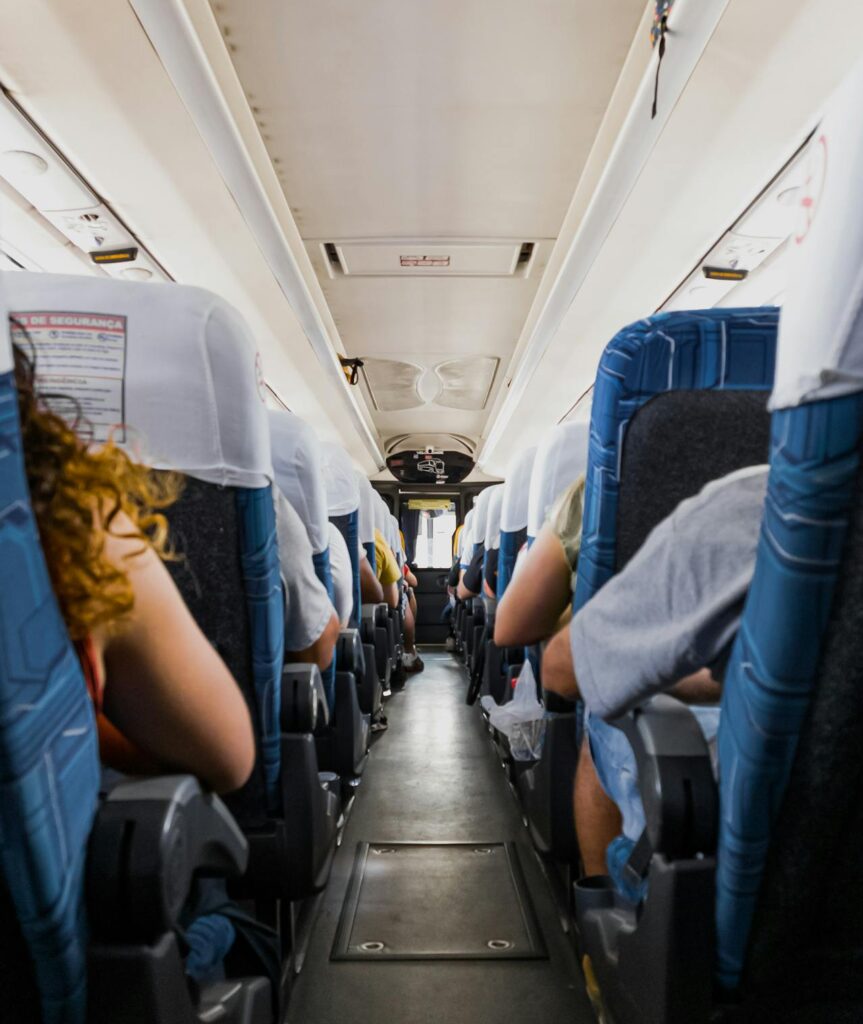
To make the most of your journey, it helps to plan ahead and follow a few practical tips:
Before Departure
- Plan your trip: Decide on the bus route, bus schedules, and departure points in advance. Many bus operator companies allow online booking.
- Choose a reputable operator: Look for trusted companies with good safety records and reliable service. You can also choose what kind of bus such as regular buses (ac patas bus), economy bus, or sleeper buses.
- Pack light: Avoid carrying too much luggage to keep your trip comfortable.
- Prepare entertainment: Bring books, films, or music for longer journeys.
- Snacks and water: While many buses provide refreshments, it is always wise to carry your own.
- Personal medication: If you have specific health conditions, carry essential medicines with you.
During the Journey
- Select your seat wisely: Middle seats often offer the smoothest ride, while window seats allow better views.
- Keep belongings secure: Store valuables in a safe place and be alert to potential pickpockets.
- Be considerate: Keep noise levels low when speaking or listening to music.
- Take breaks seriously: Use rest stops to stretch and refresh yourself.
- Stay alert: Avoid accepting food or drinks from strangers, and remain aware of your surroundings.
